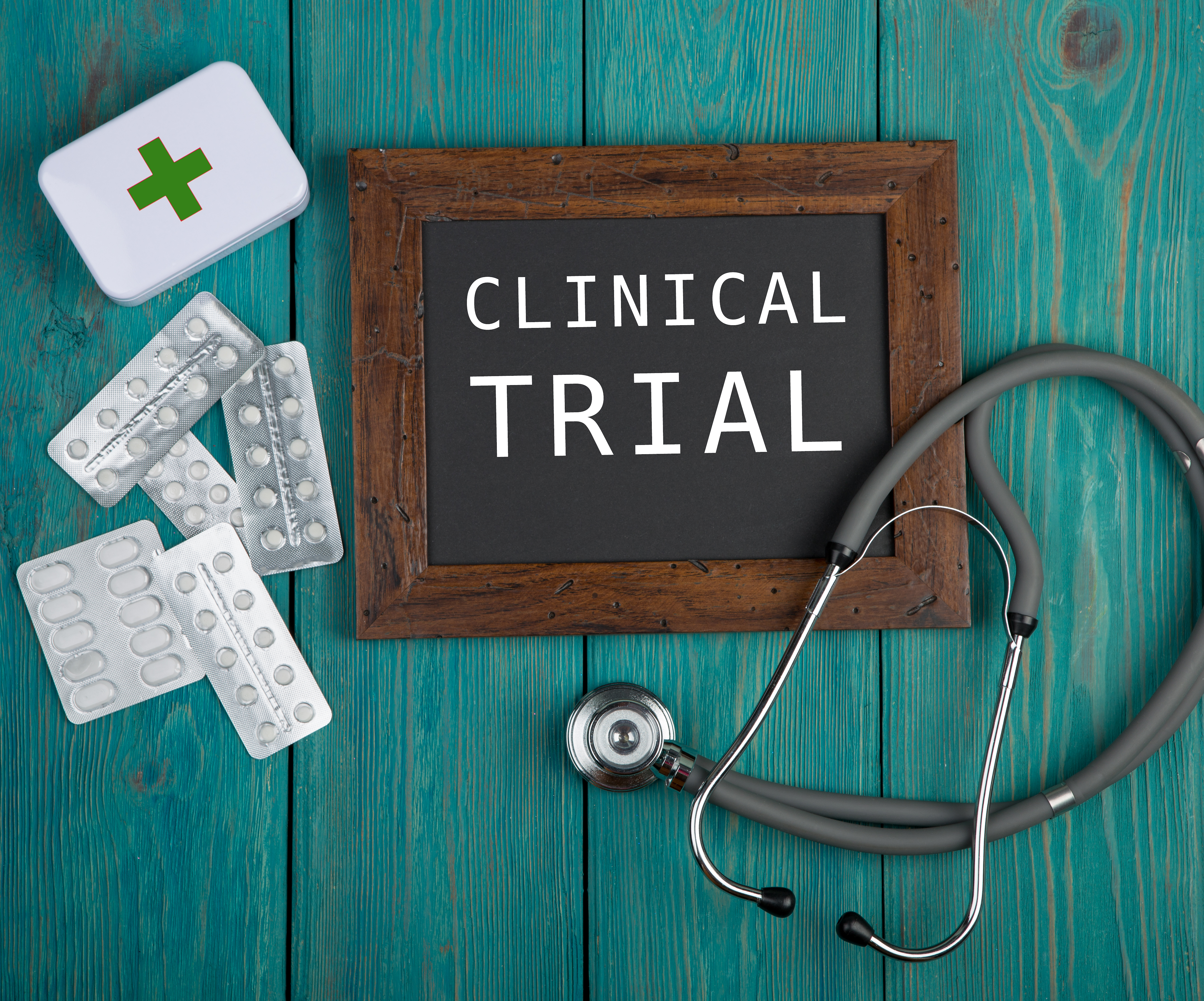EMD Serono Opening Phase 3 Trials of Oral Evobrutinib in Relapsing MS Patients
Written by |

EMD Serono (Merck KGaA in Germany) is opening two pivotal and global Phase 3 clinical trials to evaluate the effectiveness and safety of oral evobrutinib in people with relapsing multiple sclerosis (MS).
Evobrutinib, also known as M2951, works by blocking a protein called Bruton’s tyrosine kinase (BTK), which is heavily involved in the activation of immune cells that drive MS, namely B-cells (autoantibody-producing cells).
Results of recent clinical trials in relapsing MS patients suggest that evobrutinib can reduce relapse rates and the formation of brain lesions.
“Evobrutinib, which was developed in our own laboratories, is an oral, highly selective BTK inhibitor that has shown clinical proof of concept in relapsing MS,” Luciano Rossetti, head of global research and development at EMD Serono (known as Merck KGaA outside North America), said in a press release.
“Progressing this molecule into Phase 3 is an important step for us and the MS community, with an opportunity to further advance on benefit-risk considerations for relapsing MS patients,” Rossetti added.
The two new trials, called EVOLUTION RMS 1 and 2 (NCT04032158 and NCT04032171, respectively), are identical in design. Each will enroll up to 950 people with relapsing MS (1,900 participants in total), who will be randomized to treatment with either evobrutinib (taken twice daily) or Avonex (given weekly via an intramuscular injection). Avonex, by Biogen, is a formulation of interferon beta-1a approved to treat MS.
Discuss the latest research in the MS News Today forums!
Each trial’s primary goal, or endpoint, is patients’ annual relapse rate after 96 weeks (just under two years) of treatment. Secondary endpoints include the appearance of new lesions on MRI (magnetic resonance imaging) scans, and progressing disability as measured by the Expanded Disability Status Scale (EDSS).
Another secondary endpoint of the two trials will be changes in Patient Reported Outcomes Measurement Information System (PROMIS) scores for physical function and fatigue. Inclusion of this survey was specifically recommended by a panel of MS patients, through a unique collaboration with the Accelerated Cure Project for Multiple Sclerosis. The nonprofit group and its iConquerMS network provided guidance on the clinical studies’ design based on the perspectives of people affected by MS.
“Even with the most effective therapies for relapsing MS, more than 50% of patients experience clinical or subclinical disease activity, therefore a need still exists for novel oral therapies that address MS pathobiology differently,” said Xavier Montalban, MD, PhD, a neurologist and head researcher on the EVOLUTION RMS 2 trial.
“We look forward to seeing the outcomes of this clinical program following the promising Phase 2 results,” Montalban added.
Both trials are expected to soon begin recruitment. They are open to individuals with relapsing forms of MS — either relapsing-remitting MS (RRMS) or active (with relapses) secondary progressive MS (SPMS) — who are between the ages of 18 and 55, are not pregnant or breastfeeding, and have had at least one relapse in the two years preceding trial enrollment.
Additional eligibility criteria can be found here for EVOLUTION RMS 1, and here for EVOLUTION RMS 2. Contact information is given just below.
The trials are expected to be completed by June 2023.


